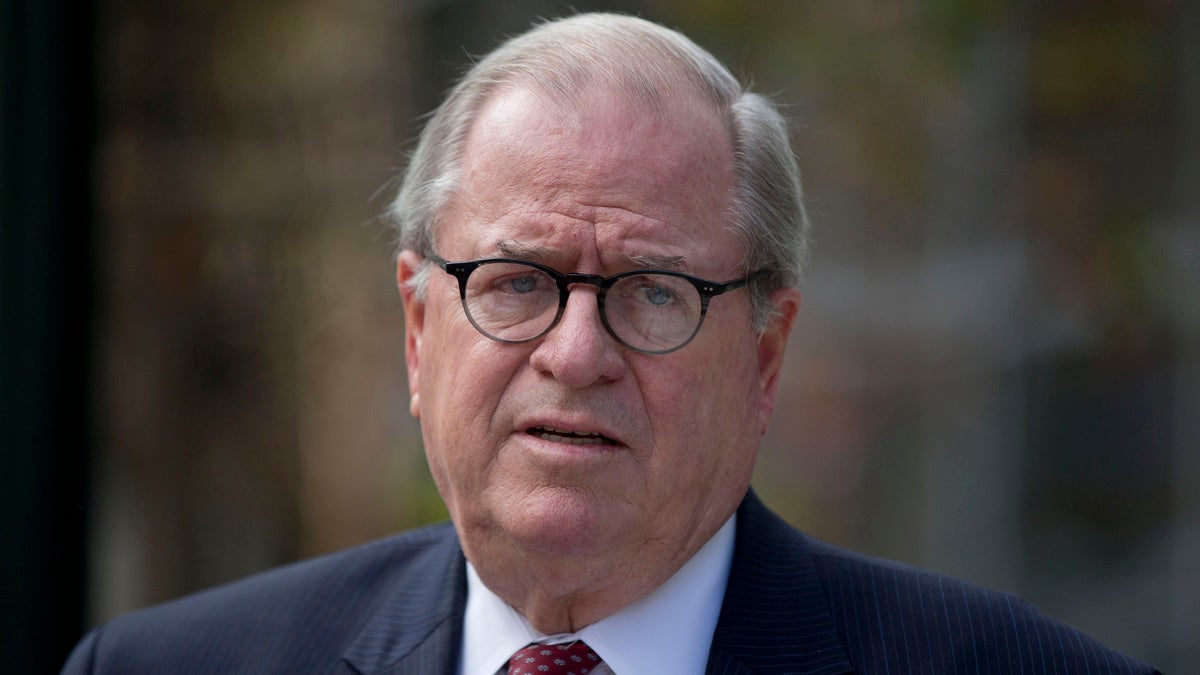Supreme Court orders new sentencing hearing for Philadelphia killer due to bias

Fornmer Pennsylvania Supreme Court Chief Justice Ron Castille signed off on a Philadelphia killer's death penalty prosecution while serving as Philadelphia’s district attorney in the 1980s -- and then took part in the case decades later as an appeals judge. (AP file photo)
The U.S. Supreme Court has ordered that a convicted Philadelphia killer on death row get a new sentencing hearing, finding that the judge who heard the inmate’s appeal was biased.
The court found in a 5-3 decision that former state appeals Judge Ronald Castille — who later became chief justice of the Pennsylvania Supreme Court — should have recused himself from the case of Terry Williams.
Castille, who was part of the city district attorney’s team that prosecuted Williams, signed off on his punishment 30 years ago.
The U.S. high court found that because Castille did not recuse himself when Williams’ case came before the state Supreme Court, Williams’ constitutional rights were violated.
Williams was convicted of murder in 1986 and sentenced to death, but a state court tossed the punishment after it was revealed that prosecutors hid evidence that would have helped Williams at trial.
Williams’ defense attorneys said the victim, 56-year-old Amos Norwood, had a history of fondling boys and had sexually abused Williams, then 18, years before the murder, something that was never revealed to the jury during the trial.
Philadelphia defender Stuart Lev argued before the U.S. Supreme Court in February that the result was a tainted appeals process.
“The public confidence, and the integrity of the fairness of the system, requires that each judge be free from bias,” Lev said.
In 2012, Williams’ death sentence was overturned five days before he was scheduled to be executed.
The last execution in Pennsylvania was in 1999. Gov. Tom Wolf last suspended the death penalty as his office reviews the practice in the state.
“At what point do we give meaning to the constitutional command that you can’t be prosecutor and judge?” Justice Sonia Sotomayer said during oral arguments. “This is the ideal case for someone to make a due process claim, because the judge here actually signed his review of the facts and his decision to seek the death penalty.”
WHYY is your source for fact-based, in-depth journalism and information. As a nonprofit organization, we rely on financial support from readers like you. Please give today.

